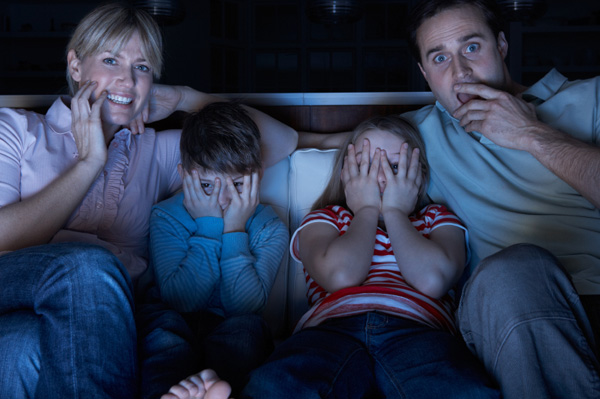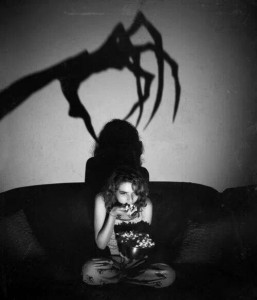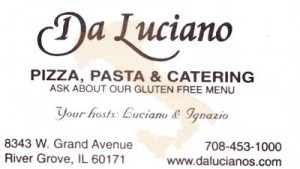Disclaimer:
The information presented in this website and the comments from Dr. Hughes are not intended to diagnose, treat, cure, or prevent any disease or psychological disorder. The information presented is not a substitute for medical, psychological or psychiatric treatment. You are advised to seek professional medical and psychological help as necessary.
Why do we enjoy being scared? For example, why do we pay money to watch scary movies, go to haunted houses, etc?
First, not EVERYONE enjoys being scared. You know those people that get uncomfortable watching The Wizard of Oz scene in the forest… even though they know it all turns out okay. But this being the season of All Hallow’s Eve, let’s cater this answer to those that seek out the haunted and the spooky and the fear of the unknown. The answer is purely biochemical. To simplify, when we get scared, our bodies go into a state of self-preservation. This state involves adrenaline and hormones. Our bodies react by increasing our heart rate, breathing heavily, getting tense and alert, and having a ‘fight or flight’ response (readying us to act or run away). Read that list again… FEAR sounds an awful lot like EXCITEMENT, no? In fact, fear and excitement are nearly identical in terms of physical response. Therefore, some people like the effects of fear; they like to feel strong and mentally acute and have the adrenaline rush. For many people, this is the kind of thing they enjoy, especially when they cognitively know that they are in no real danger. After all, even if we are startled by a bony hand tapping our shoulder in a haunted house, or by a scene in a movie where someone sees a shadow watching them through a window, somewhere inside we know that this isn’t really happening. We get all the fun physical emotional benefits of a good scare without any of the risk.
Dr. Carsi Hughes received her Ph.D. in clinical psychology from Northwestern University Medical School. She is a licensed clinical psychologist who specializes in adult psychopathology, clinical neuropsychology, and psychoanalytic psychotherapy. Academic appointments include Associate Clinical Professor of Psychology and Post Baccalaureate Pre-Medical Studies at Dominican University.






{ 0 comments… add one now }